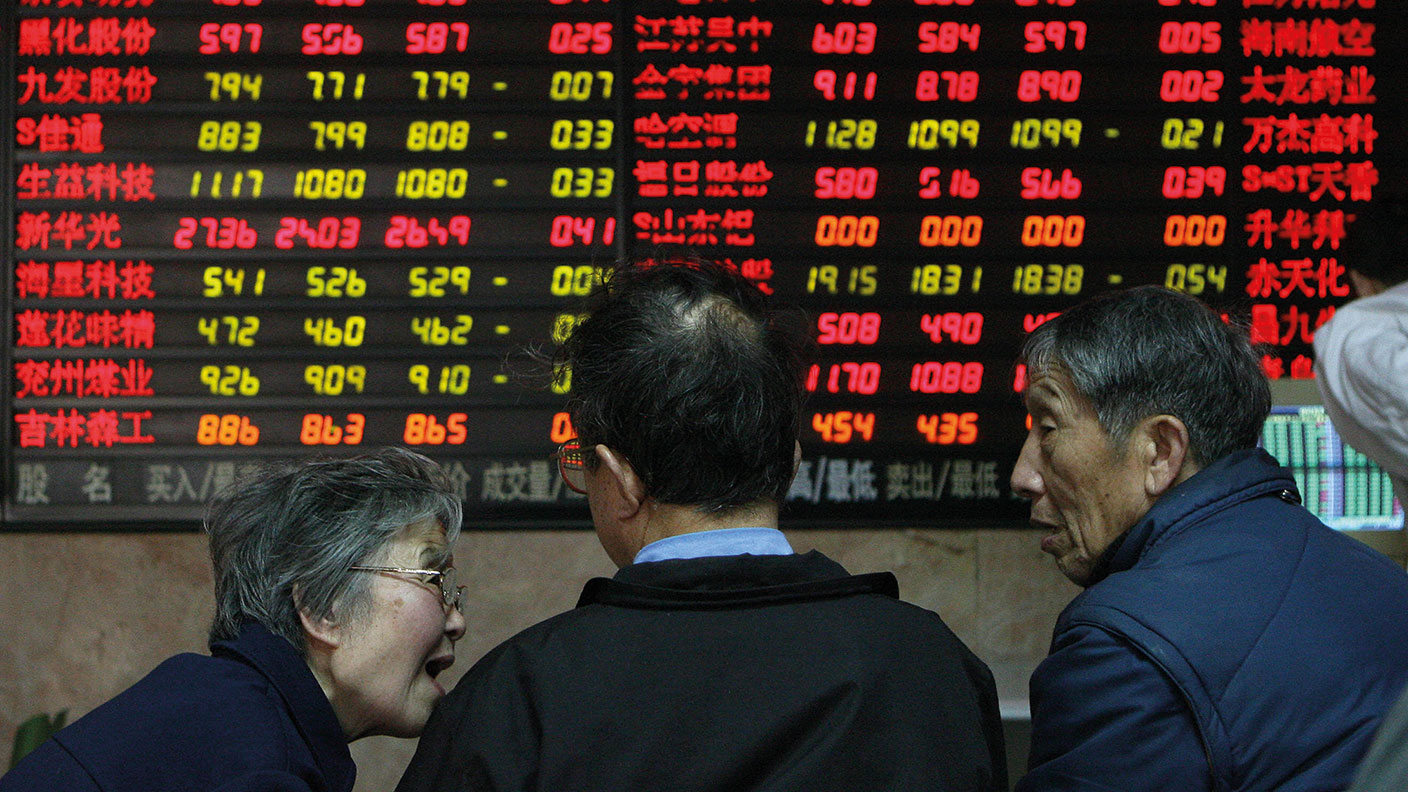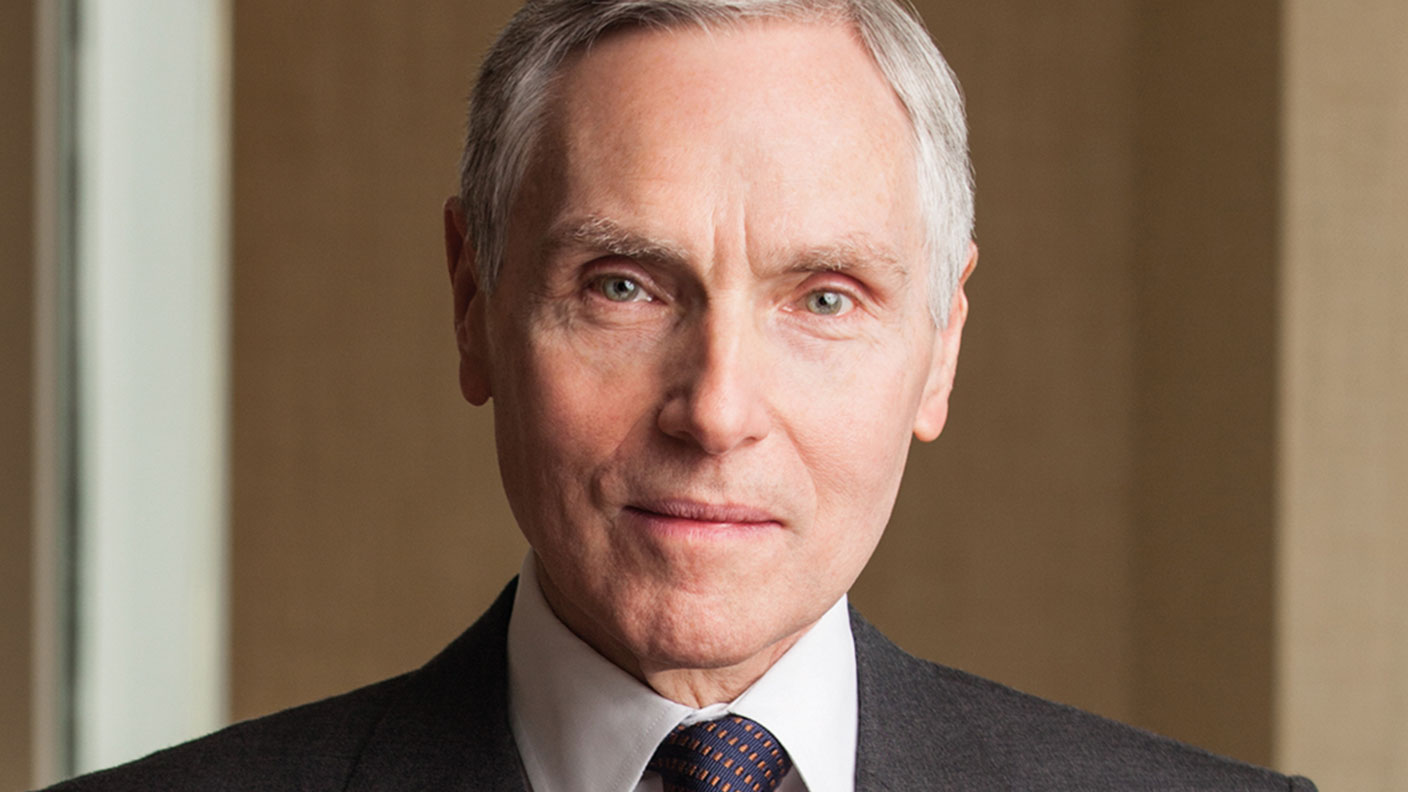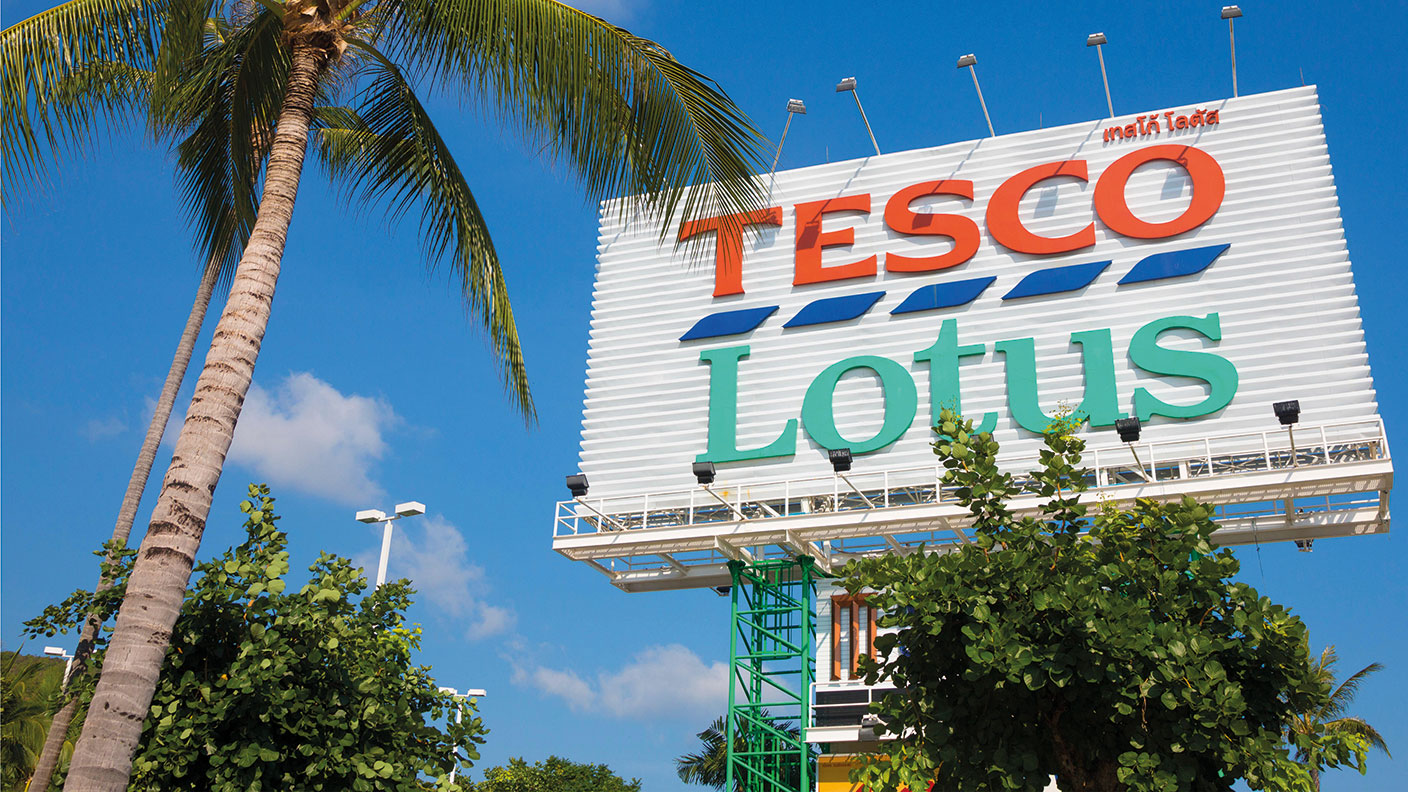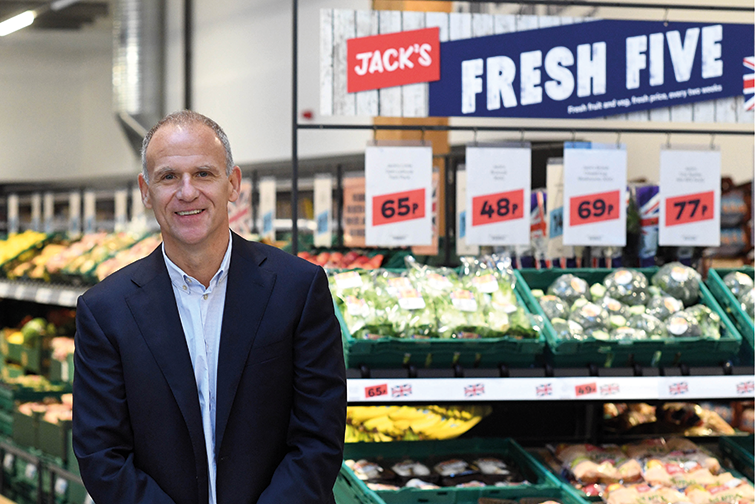Tesco cashes out of the mortgage business
Tesco Bank has left the mortgage market by selling its £3.7bn loan book. Its 23,000 customers will be moved to the Halifax, a subsidiary of Lloyds.

Get the latest financial news, insights and expert analysis from our award-winning MoneyWeek team, to help you understand what really matters when it comes to your finances.
You are now subscribed
Your newsletter sign-up was successful
Want to add more newsletters?

Twice daily
MoneyWeek
Get the latest financial news, insights and expert analysis from our award-winning MoneyWeek team, to help you understand what really matters when it comes to your finances.

Four times a week
Look After My Bills
Sign up to our free money-saving newsletter, filled with the latest news and expert advice to help you find the best tips and deals for managing your bills. Start saving today!

Tesco Bank has left the mortgage market by selling its £3.7bn loan book, says The Daily Telegraph. This is in line with a strategy to "slim down the number of services and products it offers to reduce costs". The 23,000 customers will be moved to Halifax, a subsidiary of Lloyds.
While supermarket banking services "were once seen as a credible threat to the dominance of major high-street banks", tighter regulation in the mortgage market and a series of digital-banking apps geared towards winning over younger customers have hampered supermarkets' financial divisions.
The deal is the latest sign of the "convulsions gripping the UK's mortgage market", says Ben Martin in The Times. These have been caused by post-crisis regulations forcing banks to separate legally their investment banking arms from their high-street businesses.
MoneyWeek
Subscribe to MoneyWeek today and get your first six magazine issues absolutely FREE

Sign up to Money Morning
Don't miss the latest investment and personal finances news, market analysis, plus money-saving tips with our free twice-daily newsletter
Don't miss the latest investment and personal finances news, market analysis, plus money-saving tips with our free twice-daily newsletter
As a result, the capital that lenders with a global presence would previously have been "free to put to work across their businesses" is now "locked in their domestic divisions". This in turn has encouraged large banks such as HSBC and Barclays to put the money into mortgages, creating "intense competition" that has hit the margins of firms such as Tesco Bank.
Margins in mortgage lending are so low that although the loans were bought at a premium of 2.5%, Lloyds claims that they "would still produce better returns than issuing new loans in current market conditions", says Nicholas Megaw in the Financial Times. It is hardly surprising, then, that Lloyds was not the only bank to bid for them.
Get the latest financial news, insights and expert analysis from our award-winning MoneyWeek team, to help you understand what really matters when it comes to your finances.

-
 Should you buy an active ETF?
Should you buy an active ETF?ETFs are often mischaracterised as passive products, but they can be a convenient way to add active management to your portfolio
-
 Power up your pension before 5 April – easy ways to save before the tax year end
Power up your pension before 5 April – easy ways to save before the tax year endWith the end of the tax year looming, pension savers currently have a window to review and maximise what’s going into their retirement funds – we look at how
-
 Will HSBC be torn apart?
Will HSBC be torn apart?News Banking giant HSBC has pleased the market with a new dividend policy. But its top shareholder thinks it should be split in two. Matthew Partridge reports.
-
 Evergrande: Chinese property giant spooks global markets
Evergrande: Chinese property giant spooks global marketsNews Global markets fell this week as investors worried about the fate of Evergrande, China’s most indebted property developer, which is teetering on the brink of default.
-
 Seven firms ripe for a shake-up by activist investors
Seven firms ripe for a shake-up by activist investorsOpinion Activist investors have a reputation as asset strippers, but they perform a valuable role, says Matthew Lynn
-
 Tesco sells its retail subsidiary in Thailand and Malaysia for £8bn
Tesco sells its retail subsidiary in Thailand and Malaysia for £8bnNews Tesco has agreed to sell its southeast Asian operations to Thai conglomerate Charoen Pokphand for £8.2bn in cash.
-
 Tesco should keep its Asian assets
Tesco should keep its Asian assetsOpinion The £7bn that Tesco could get for its Tesco Lotus business in Asia looks enticing. But holding on to it would be smarter, says Matthew Lynn.
-
 Forget the financial crisis: it’s time to bet on British banks
Forget the financial crisis: it’s time to bet on British banksCover Story Over a decade after the financial crisis, investors are still reluctant to consider British banks. But their worries are overblown and the stocks are cheap, says Matthew Partridge.
-
 What's behind Tesco’s alliance with Carrefour?
What's behind Tesco’s alliance with Carrefour?Features Tesco is clubbing together with French rival Carrefour to bulk buy own-label goods in an effort to cut costs. Will it succeed? Ben Judge reports.
-
 Lessons from Tesco’s turnaround
Lessons from Tesco’s turnaroundOpinion Retailers have it tough, but Tesco has shown that it’s still possible to thrive, says Matthew Lynn.